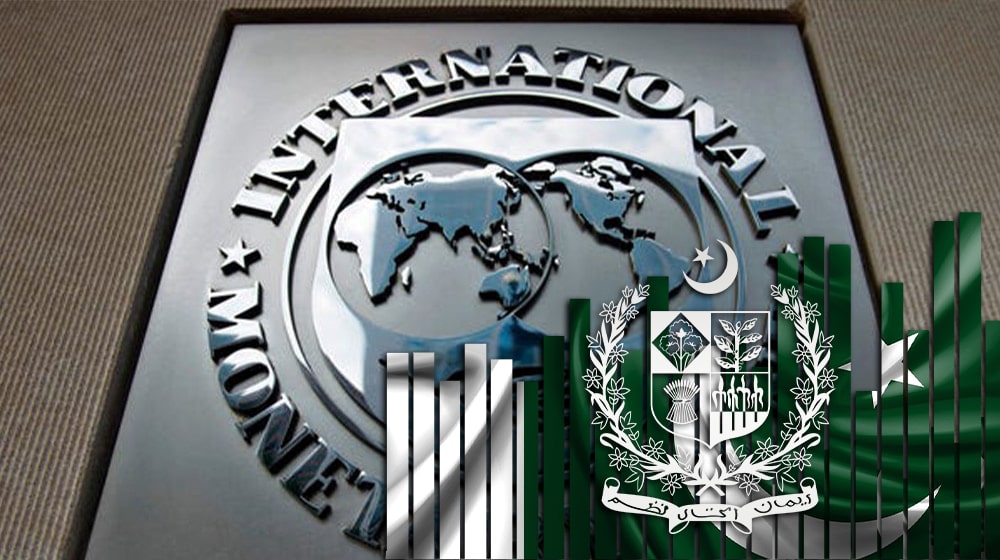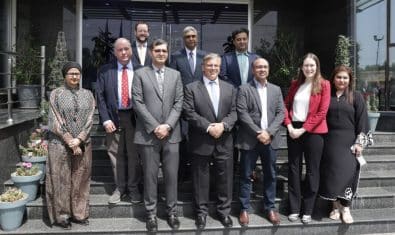The International Monetary Fund (IMF) recognizes the need to update its figures and listen to the Government of Pakistan to determine what its priorities are, and also announced that its next mission would visit Pakistan in November to start preparing for the upcoming review of the current program.
This was the highlight of a press briefing led by the IMF’s Director of the Middle East and Central Asia Department, Jihad Azour, as part of the 2022 IMF Annual Meetings on Thursday. He said the IMF is saddened by the loss of human lives and livelihoods in Pakistan as a result of the flood and reiterated the lender’s support in every possible way.
“The Fund has been very supportive of Pakistan over the last period. We have a program with Pakistan that has been extended and increased in size. This is to help Pakistan deal with the confluence of shocks starting with the COVID crisis where we provided additional flexibility,” he said.
The regional director explained the IMF recently accelerated disbursements in response to exogenous shocks and price increases in food and commodities. He said, “We had recently completed a review that provided Pakistan with $1.2 billion and hopefully we will be fielding a mission in November after the annual meetings to Pakistan in order to start with the authorities preparing for the next review”.
The lender is currently waiting for the assessment of the damages that the World Bank and UNDP are conducting in order to determine the impact on public finance and the economy and society. He remarked, “Based on this assessment, we will need to update our numbers, and based on our discussion with the authorities, we will also listen to them to see what are their priorities, and how the Fund can help”.
In response to a query on subsidies for domestic relief, the official disapproved of the model altogether. He said, “Subsidy that is targeted to support certain items has proved not to be very effective. I would say it has proved to be very regressive. And in our regional economic outlook, we are again looking at this issue that is showing that this is not the best way to use the very limited fiscal space that exists”. He said the IMF is “encouraging” Pakistan, as well as other countries, to shift away from untargeted subsidies, which are a waste of resources, and instead direct those resources to those in need.
The IMF official recognized how the region was hit by a confluence of shocks and it is critical to use this period of increasing challenges and price hikes to reallocate resources to those in greatest need. In this regard, he commented, “This is something that it’s not, I would say, part of the IMF conditionalities, this is part of what is needed in order to provide the right protection for those who need it at the time when inflation is very high”.
Low-income countries are struggling with high commodity prices, limited progress in vaccination rollouts, and country-specific fragilities. Accordingly, growth in low-income countries will remain weak at just 0.8 percent this year. The IMF projections forecast inflation to increase and become broad-based. Headline inflation in MENA is projected at 14.2 percent, on average, for this year, and is expected to remain elevated in 2023.






















